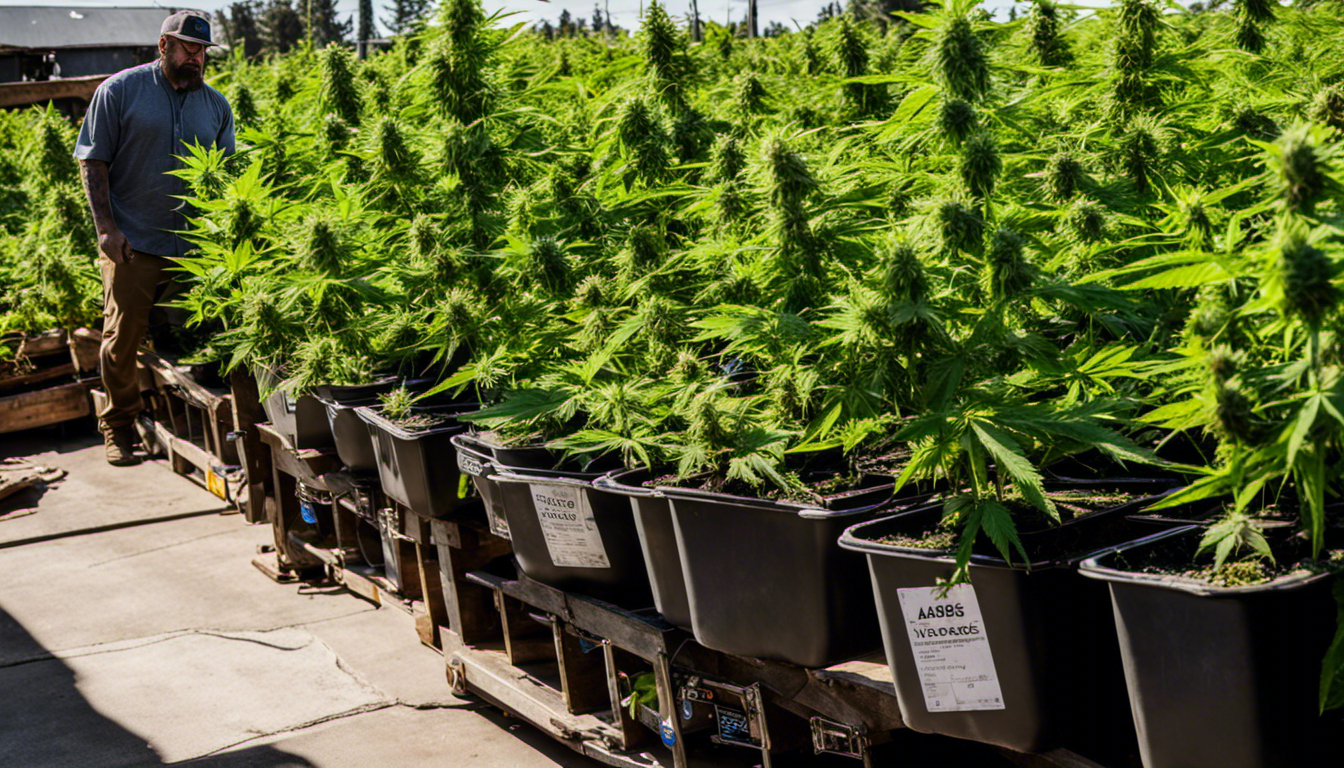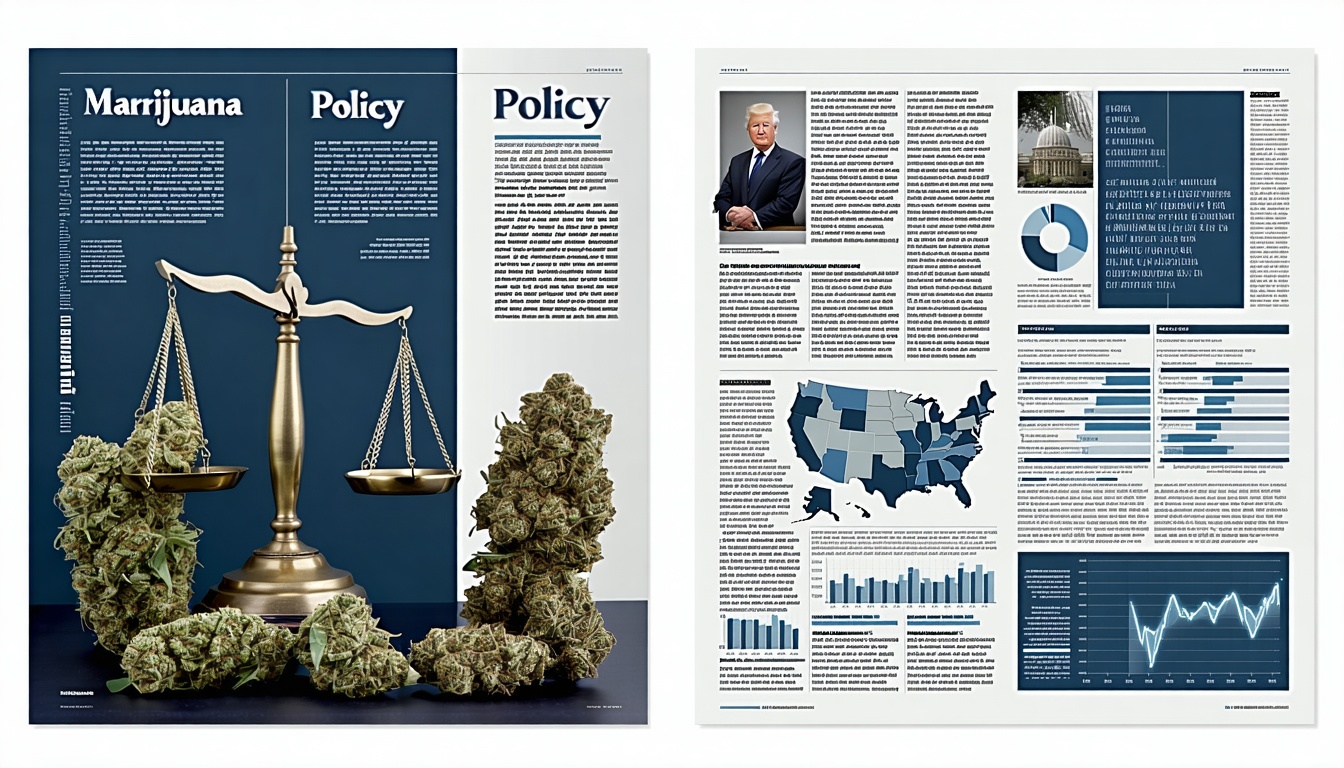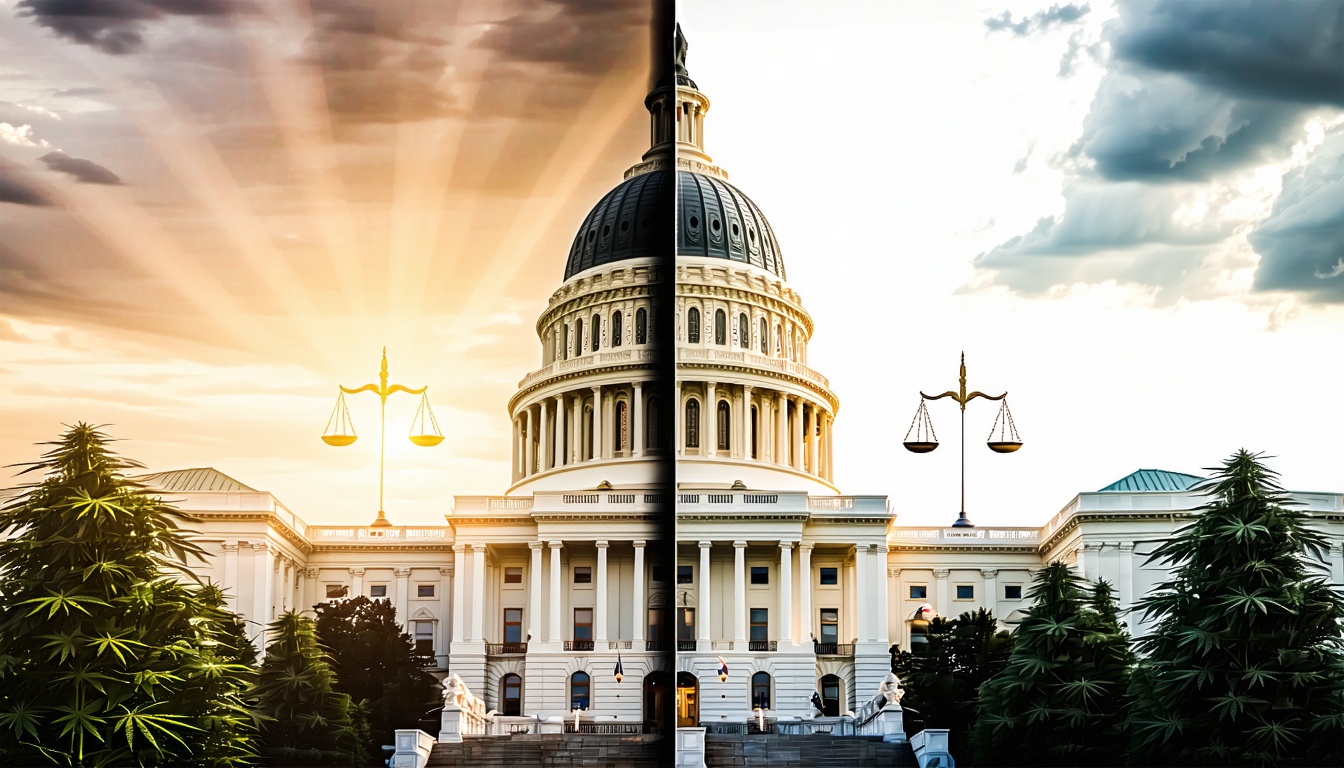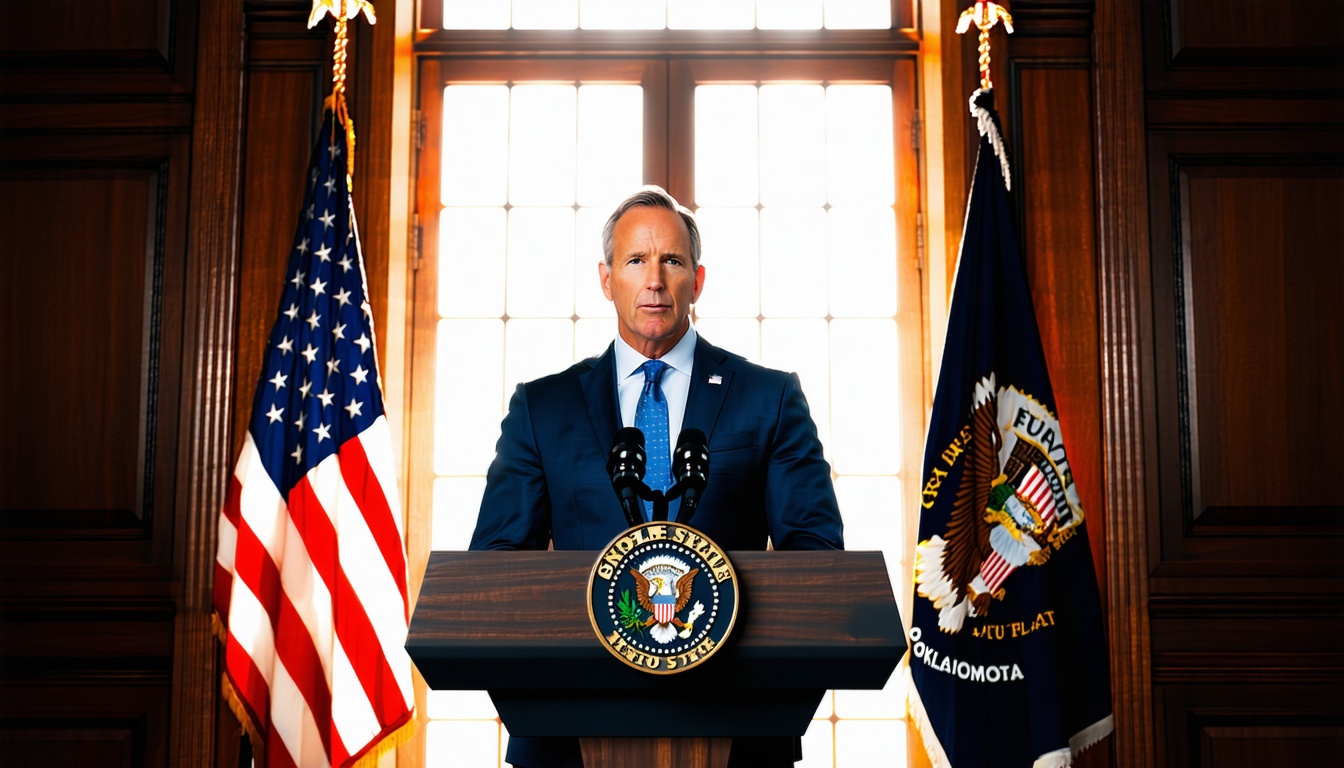Oregon Voters to Decide on Unionization for Cannabis Workers
A ballot measure in Oregon, known as Measure 119, aims to allow cannabis workers to unionize and improve their working conditions. The United Food and Commercial Workers Local 555 (UFCW) is behind the initiative, which was sparked by the failure of a 2023 bill to pass in the Oregon Legislature.
Miles Eshaia, a UFCW spokesperson, explained that the measure is part of a multi-year effort to protect cannabis workers from safety concerns, toxic chemicals, and lack of proper equipment. He emphasized that cannabis workers should have the freedom to unionize their workplaces, as the industry’s federal illegality creates confusion and allows anti-union employers to skirt the law and retaliate against unionization efforts.
If Measure 119 passes, cannabis businesses would be required to submit a signed labor peace agreement to the Oregon Liquor and Cannabis Commission with their licensure or renewal application. This agreement would ensure that the business remains neutral when labor organizations communicate with employees about collective bargaining rights. Failure to comply could result in penalties, including fines or the denial, suspension, or revocation of a business license.
The measure has received endorsements from several unions and the Democratic Party of Oregon. Eshaia noted that similar measures have been enacted in California, New York, and New Jersey. The initiative aims to address concerns that cannabis workers often face unsafe conditions, wage theft, and job instability with few options for recourse.
With 7,671 people employed in the cannabis industry in Oregon as of 2022, the measure could have a significant impact on the state’s workforce. The UFCW believes that the measure would not only improve working conditions but also help keep black market marijuana off the streets by enforcing actual wages.
While no formal opposition to the measure has formed, the UFCW did launch a recall effort against a state representative who blocked the group’s efforts to pass the bill in the legislature. The recall failed, and the group then turned to the voters to get Measure 119 on the November ballot.












